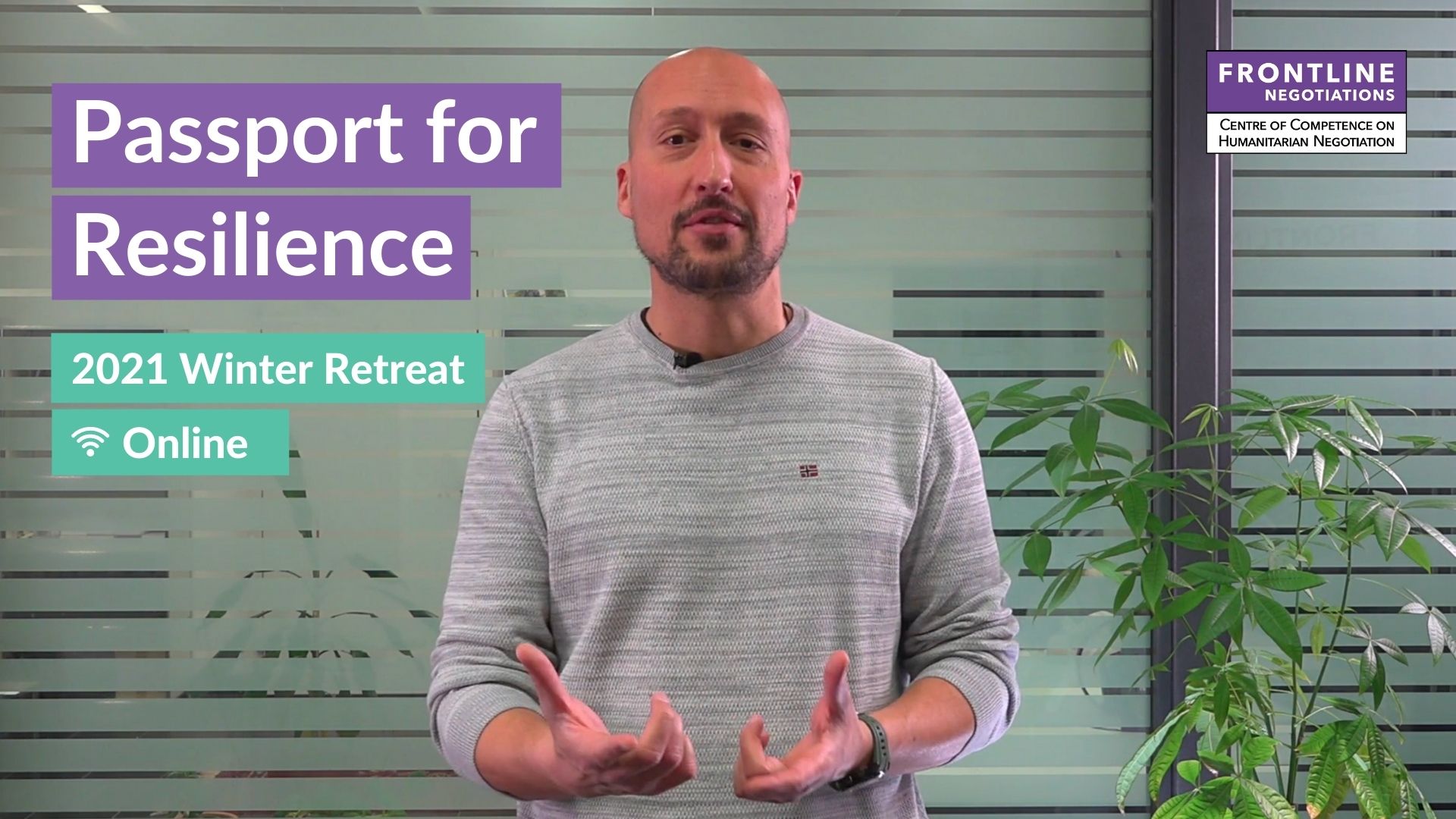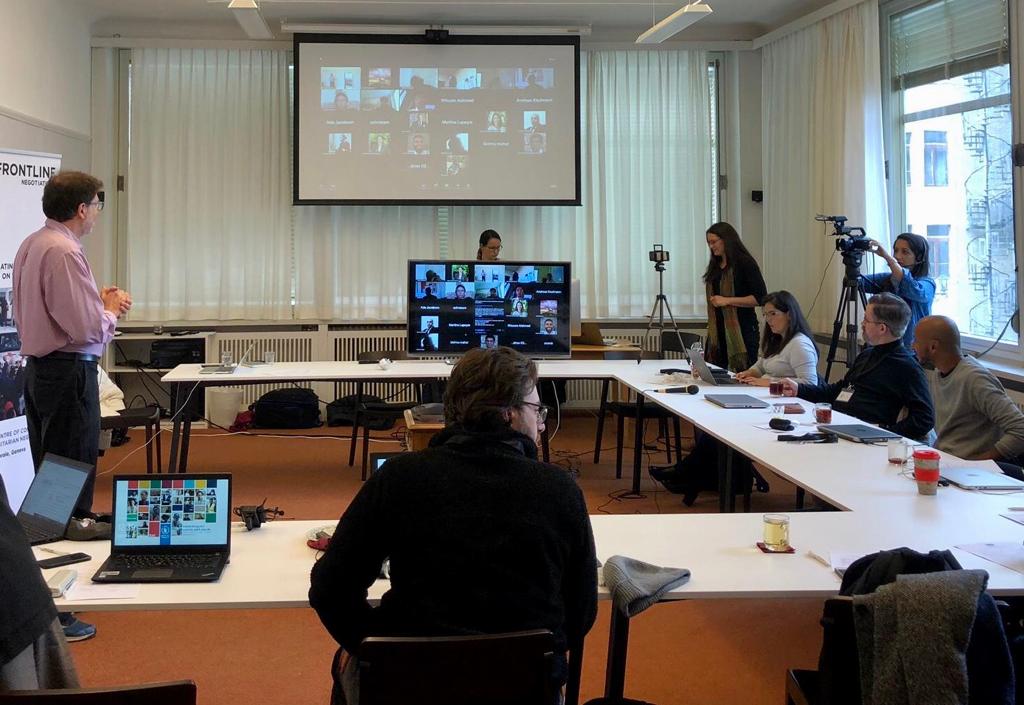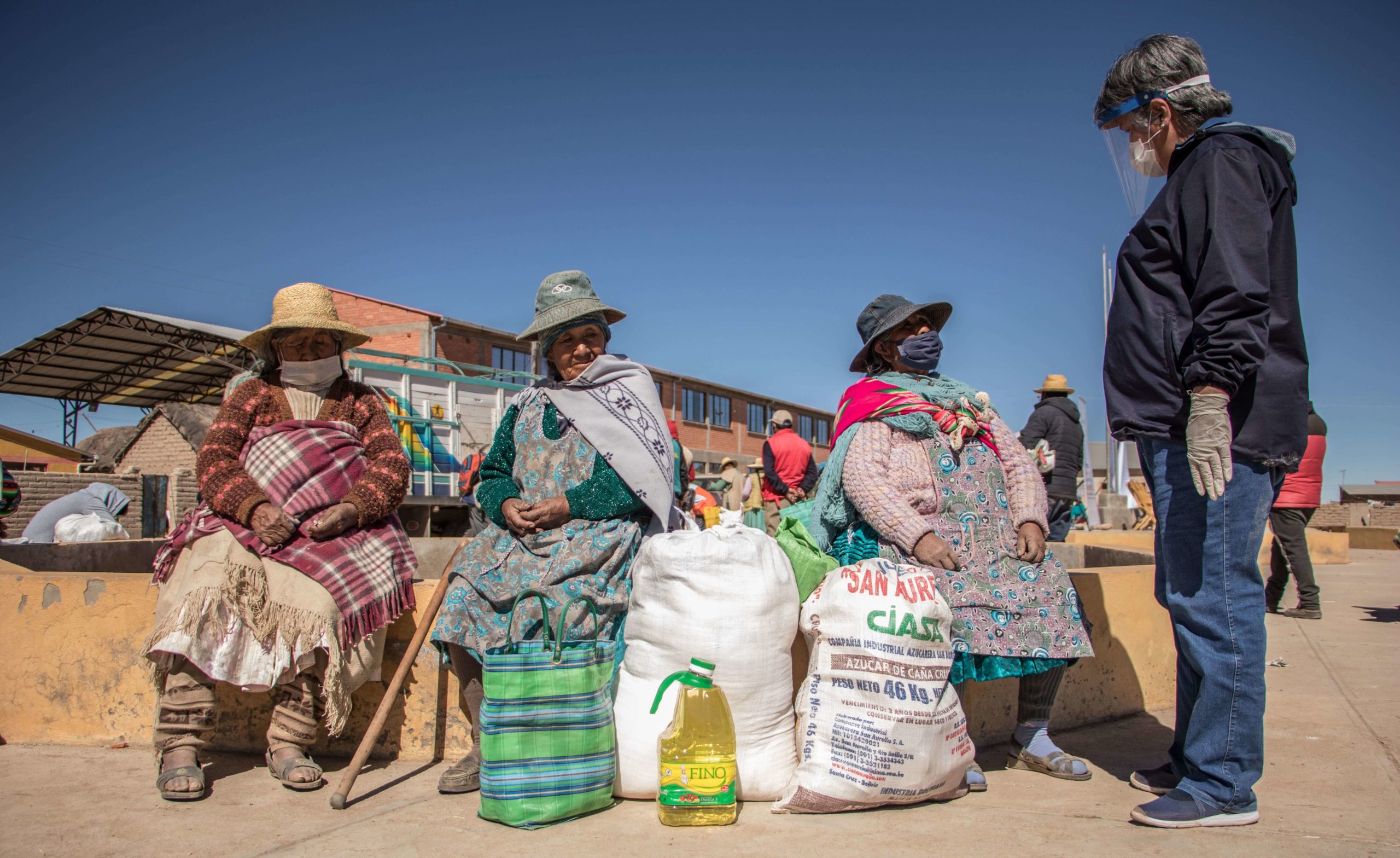The CCHN World Summit 21 High-Level Panel explored the opportunities and constraints of developing a collaborative culture among humanitarian negotiators in the field to address the increasing complexity of humanitarian operations and their environment.
This panel addresses the current state of dialogue between humanitarian negotiators and armed entities, specifically to protect civilian populations.
The session will dissect the challenges encountered in these high-stakes discussions, including sanctions, political barriers, and trust deficits that hinder successful outcomes.
Through a negotiation lens, experts will explore effective strategies for breaking down these barriers, establishing common ground, and advancing civilian protection agendas.
The aim is to share insights, experiences, and good practices that can enhance the safety and security of civilians in conflict zones through improved engagement with weapon bearers.
Speakers:
- Pascal Bongard, Co-Director of the Centre of Armed Groups
- Houda Chalchoul, Senior Legal Officer at the United Nations High Commissioner for Refugees
- Juliet Kelechi Unubi, Humanitarian Diplomacy Advisor at the International Committee of the Red Cross
- Stephen Kilpatrick, former Advisor at the International Committee of the Red Cross and retired British soldier



